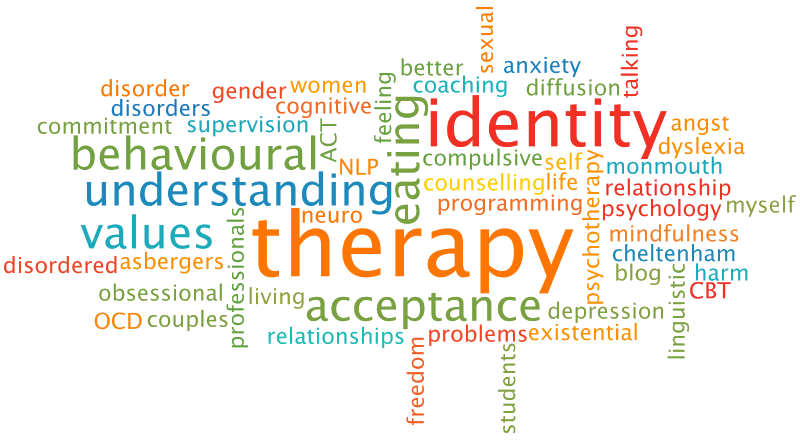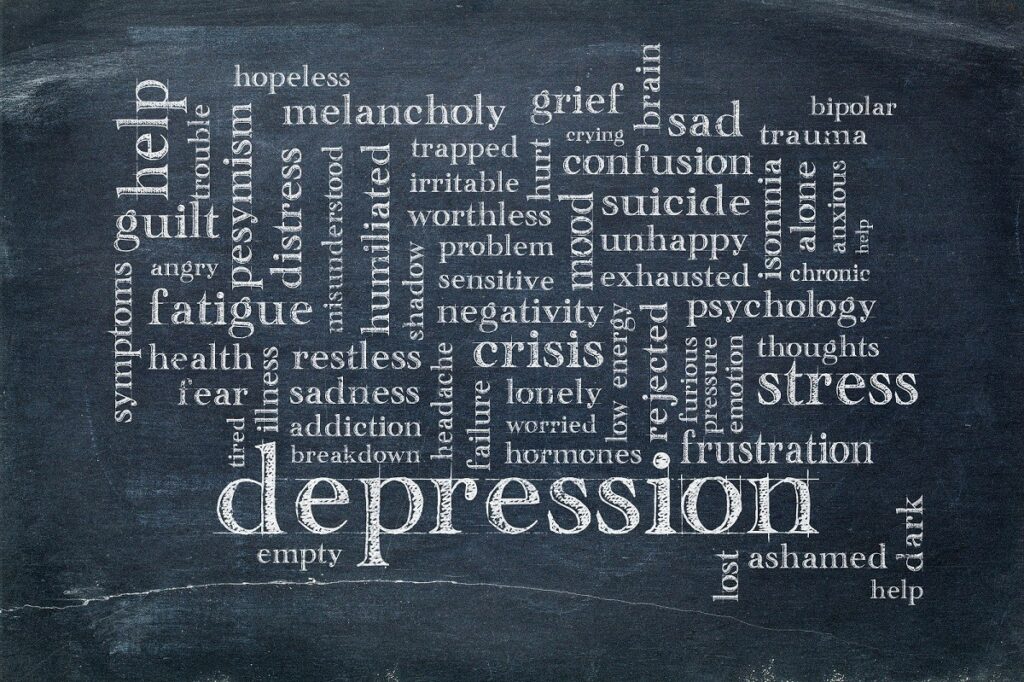What is “Counseling”?
What can I expect in “treatment”?
First and foremost, you will be treated based on your experiences, not from impractical theoretical knowledge that isn’t relevant to your problem. Theory is essential because it provides a framework upon which we can build a return to good mental health, but it must be balanced with sound, practical treatment.

Goals of the Therapeutic Counseling Process
Wellness Rather Than Illness
Wellness relates to the enjoyment of life, the ability to cope with adversity, the fulfillment of goals, and a sense of connection. Mental health counseling is about wellness rather than illness and is not merely the absence of a mental health condition.
To Apply New Skills to Old and Current Problems
By focusing on solutions that will bring you peace of mind, we teach techniques that can be used anytime and anywhere.
To Resolve Past Trauma
You have already overcome so much! Now is the time to resolve the past to move forward in health and happiness.
A General Understanding
Mental health counseling is a process that helps people work through emotional and/or behavioral problems. You speak with someone about your problems to find solutions that work for you. The counseling relationship is unique in that it is highly personal while also a contractual agreement. Given this, it is essential to be clear about how our relationship will work and what each of us can expect.
So, what is counseling like?
- It is a safe place where you will be accepted for who you are.
- It is an opportunity to grow personally and spiritually.
- It is personally challenging.
- It is deeply personal and different for each person.
- Most sessions are 45 – 50 minutes in length.


The Counseling Process
The outcome of your treatment depends largely on your willingness to engage in the counseling process, which may, at times, result in discomfort. Remembering unpleasant events and becoming aware of feelings attached to those events can bring on intense feelings.
The process of counseling may include, but is not limited to:
- Helping you to resolve personal issues
- Education concerning the root of personal difficulties
- Learning and applying new skills
- Rejecting destructive ways of thinking and behaving
- Gaining knowledge and insight concerning personal motivations
- Working through issues of or trauma
- Learning to develop healthy relationships with yourself or others
There are no miracle cures. I cannot promise that your behavior or circumstances will change. I can promise to support you and do my very best to help you work through your problems.

